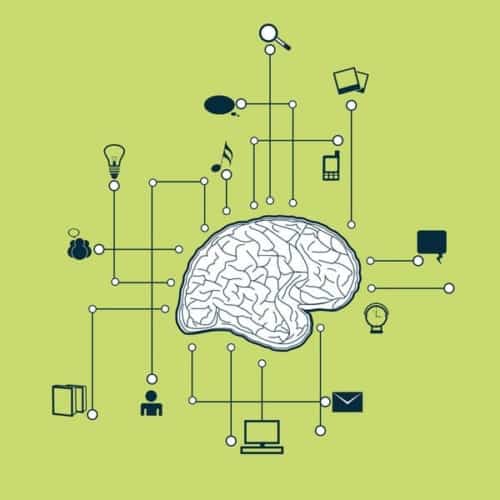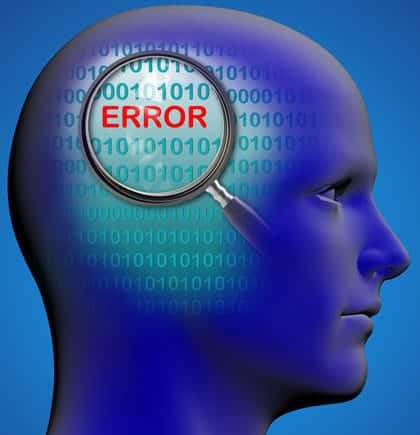How do you make one classroom conducive to the learning needs of every student?
By Edan Shahar
Editor’s Note – This is Part One of a Three-part series
One of the greatest challenges faced by teachers is making lessons accessible, engaging, and impactful for every student in their classroom. Whether it’s a math or an English class, a science or a history class, students all bring different backgrounds, perspectives, and abilities to the subject at hand.
 In many ways, this is an essential part of a good education: that it brings people with different backgrounds and perspectives into the same room and allows them to learn from each other. However, it also poses a significant problem for teachers, who are tasked with helping every student learn, leading to the great challenge of teaching – how to make one classroom conducive to the learning needs of every student.
In many ways, this is an essential part of a good education: that it brings people with different backgrounds and perspectives into the same room and allows them to learn from each other. However, it also poses a significant problem for teachers, who are tasked with helping every student learn, leading to the great challenge of teaching – how to make one classroom conducive to the learning needs of every student.
Schools and teachers have employed various strategies to address this problem. A few of these include:
- Students progressing to more advanced classes once they demonstrate mastery of the previous levels.
- Smaller class sizes allowing teachers to more readily address the needs of individual students.
- Different levels of coursework at each grade level to allow differentiated learning.
 Each of these solutions is aimed at the same thing: personalized learning for students. True personalized learning, as per the definition crafted by the Bill and Melinda Gates Foundation and others, necessitates continual assessment, adapting environments, and personal learning paths and profiles.
Each of these solutions is aimed at the same thing: personalized learning for students. True personalized learning, as per the definition crafted by the Bill and Melinda Gates Foundation and others, necessitates continual assessment, adapting environments, and personal learning paths and profiles.
Of course, achieving a customized learning plan for one student is not difficult for a teacher equipped with the right tools. But so far no one has found a reliable way to help one teacher customize learning paths at scale, meaning for dozens or even hundreds of students. That is where technology has the greatest potential to make an impact: scale.
Technology has immediate and clear advantages in this endeavor. Artificial intelligence (AI) has the ability to quickly and easily identify student strengths and weaknesses and constantly adapt the student learning profile and plan based on progress. While substantial funds have been devoted to researching solutions, breakthroughs have been limited. Today, only a handful of education technologies have demonstrated a meaningful impact on students using personalized learning paths.
But the promise of AI and deep learning in this space is significant. As the next two installments in this series on AI in education will emphasize, it is a matter of when (not if) we will find workable applications of this technology across the spectrum of education.
The reason for this is simple. As humans, we are gifted in judging the subjective and the anecdotal. That means we can see curiosity, ambition, and intellect in individuals. We cannot, however, easily see data patterns and quickly analyze large data sets.
As an example, a teacher can review the results of a problem set and, given enough time, note that a certain student struggled with understanding variables. AI can not only instantaneously identify these content weaknesses, it is further able to correlate  that student with a group of hundreds of other similar students also having difficulty with variables. Using the historical data on all of these students, AI can recommend exactly which steps lead to the greatest progress. These conclusions are possible because AI can see beyond the subjective and identify and process information that we simply cannot.
that student with a group of hundreds of other similar students also having difficulty with variables. Using the historical data on all of these students, AI can recommend exactly which steps lead to the greatest progress. These conclusions are possible because AI can see beyond the subjective and identify and process information that we simply cannot.
But let’s be clear: AI does not have the ability to replace teachers. Instead, it is best viewed as an indispensable ally in education. Teachers are the ones who inspire, motivate, and encourage learning. As long as the student is a person, the best teacher will be as well.
We owe it to teachers and students alike to explore advances in AI that can make education more effective for everyone.
Author
 Edan Shahar is the founder and CEO of Test Innovators the leading ISEE and SSAT test prep company. He has extensive experience in technology companies and teaching.
Edan Shahar is the founder and CEO of Test Innovators the leading ISEE and SSAT test prep company. He has extensive experience in technology companies and teaching.
He has founded several technology companies, including Utrip, Inc., which turn data into actionable-insights. In founding Test Innovators, Edan combines his love of education with a passion for using technology to create superior methods to improve student performance.
Further Reading
- Digital Trends – That’s ‘Professor Bot’ to you! How AI is changing education
- Forbes – Artificial Intelligence In Education: Don’t Ignore It, Harness It!
- Education Dive – AI, analytics transforming guidance counselors’ roles
